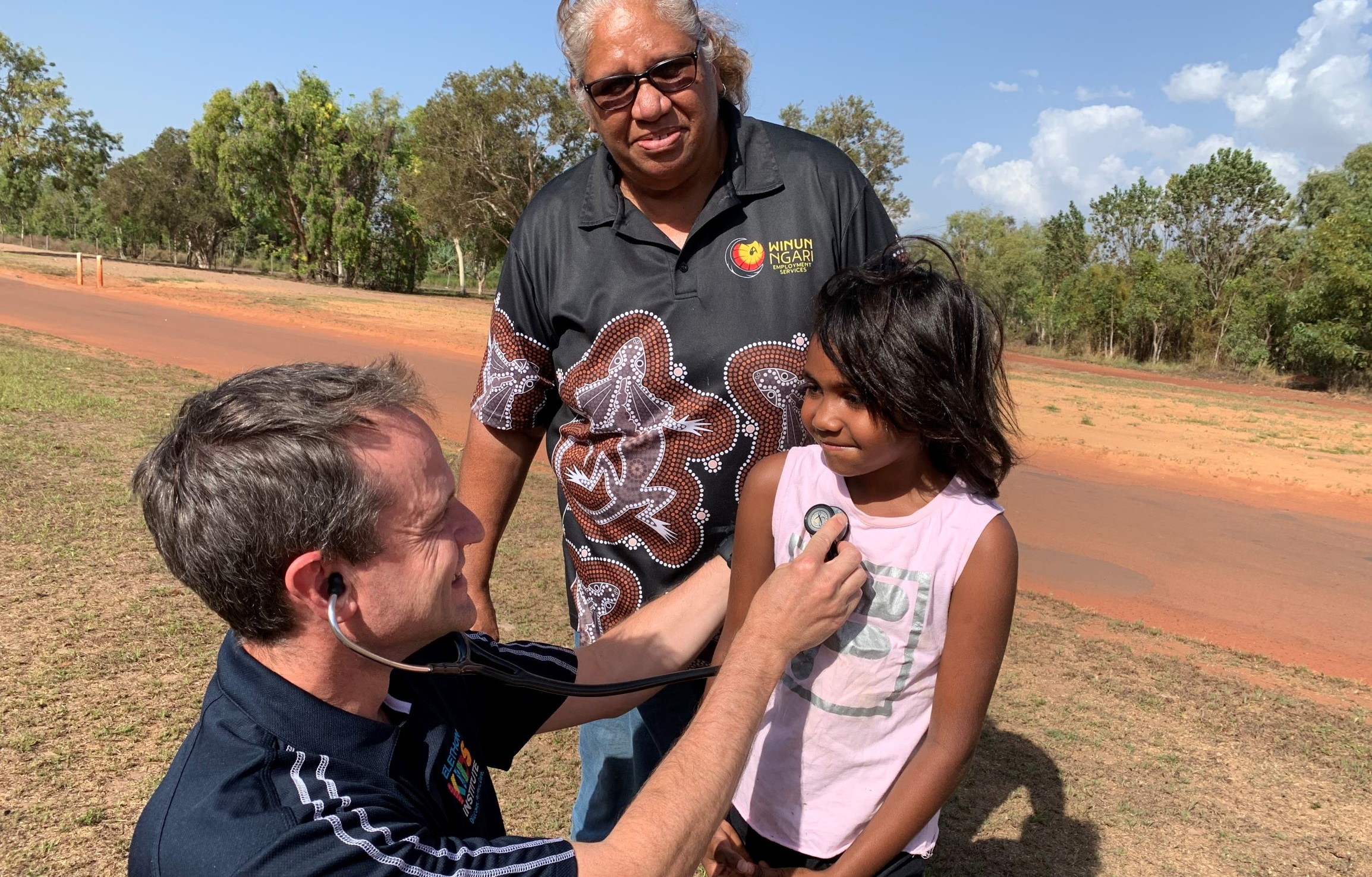Search
Showing results for "aboriginal respiratory"
Infant exposure to coal mine fire emissions could be associated with long-term impairment of lung reactance
Newborn screening (NBS) for cystic fibrosis (CF) provides an opportunity to commence management and therapeutic interventions significantly earlier
We aimed to ascertain the fit of the European Respiratory Society Global Lung Initiative 2012 reference ranges to contemporary Australasian spirometric data.
The multiple breath nitrogen washout (N2MBW) technique is increasingly used to assess the degree of ventilation inhomogeneity in school-aged children with lung disease. However, reference values for healthy children are currently not available.
Rachel Graham Alexandra Foong Hall Whelan BSc (hons), PhD, MBiostat BAppSci PhD CRFS FANZSRS FThorSoc FERS BSc, MPH Honorary Research Associate

Results from a world first-study measuring prevalence of chronic wet cough and protracted bacterial bronchitis in four Kimberley Aboriginal communities have highlighted the enormity of the health problem.
This study aimed to determine if relationships between LCI and clinical outcomes of CF lung disease differ when only two acceptable MBW trials are assessed.
In partnership with Derbarl Yerrigan Health Service and the Broome Regional Aboriginal Medical Service, we aim to improve Aboriginal lung health by determining for the first time the baseline lung function of Aboriginal Australians.
HIV exposure is associated with altered lung function in early life, with a vulnerable HIV-exposed uninfected subgroup based on maternal disease severity
The Global Lung Function Initiative is working to improve the interpretation of lung function: an update on current work and the opportunities for further engagement
